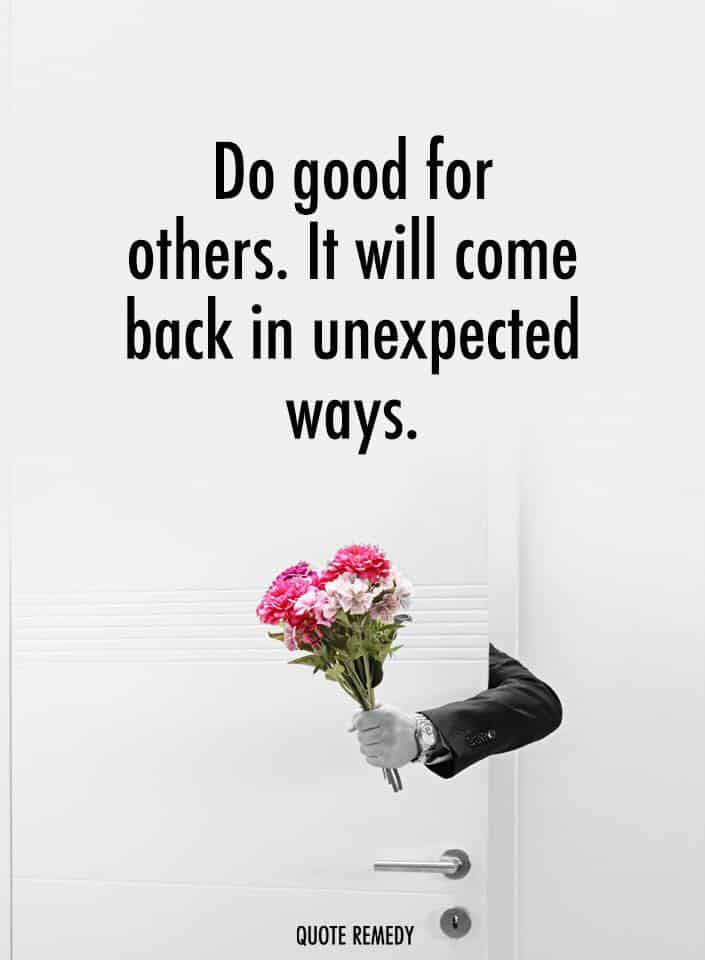Even when life is disappointing, you can still be happy. It doesn’t require you to be delusional or resigned to negativity. You choose how you cope in every life situation.
You’ve lived long enough to understand that nothing goes as planned. No matter how hard you try or how noble your cause, there will always be learning curves and unexpected setbacks. Part of living makes you realize that there are some things you can’t control.
When we talk about upsets and disappointments in our lives, we categorize them by intensity. For example, getting a ding on your car door and wrecking your car are two different upsets. We go throughout our life, coping with adverse situations of all degrees.
Are You Happy…or Is Life Disappointing?
What is your definition of happiness? Does it represent a blissful life that is free of problems? Of course, this concept doesn’t represent reality.
When your life is on the upbeat, you probably feel what we call happiness. If something or someone throws a wrench in your plans, your happy emotions turn into a deflating balloon. So, satisfaction is a fleeting emotion that depends on the environment and circumstances.
The world bombards us with slogans, artwork, and advertisements that encourage us to be happy. Of course, marketing spends billions of dollars each year to tell you how to accomplish this. But when disappointing situations happen in your life, will materialism buy your happiness?
No matter your circumstances, you can be more than happy. You can choose optimism, which is not an emotion. When you decide to be joyful, you transcend the fickle feelings of happiness and can cope with disappointment.
Are you happy? Do the things you have, and the accomplishments you’ve made bring you joyfulness even when things are a mess? Perhaps taking an honest look at your happiness definition can answer the question.
What Makes You Content?
We’ve all made a happy list since childhood. Remember sitting in school and daydreaming about your future instead of listening to the teacher’s lecture? You were probably deciding what you wanted to be when you grew up.
No doubt, your happy list expanded and changed exponentially over the years. Few people become what they dreamed of being as a child. Your career path may have changed several times over the years, and you may have encountered disappointment along the way.
Do you have your dream career, home, or experiences? Did you marry the kind of person you have always wanted as a spouse? Do you have all the things and accomplished everything you wanted as evidence of happiness?
 Why Does Life Feel Disappointing to You?
Why Does Life Feel Disappointing to You?
Neither being destitute nor wealth should define you. You needn’t deny yourself every comfort of life to experience happiness unless you desire a monastic lifestyle. However, drowning yourself in materialism may make you happy for a while, but unpleasant circumstances happen to us all.
Like water, humans seek their level. Remember when you pleaded for the latest fad toy in the store, and you got one as a gift? You were encouraged for a while, and then you were longing for something bigger and better.
This paradox is not limited to children. As we get older, we seek more and more to replenish our depleted happiness. Unfortunately, the more we get, the more it eventually takes to make us happy.
Even if you won the lottery, studies show that most people will be at the same level of happiness that they were before the landslide win. Millions of dollars can buy you almost anything you can imagine, but they won’t sustain your joy before you need more.
When Life Gives You Lemons
We’ve all heard the platitudes and seen the memes that encourage us to make the most of a bad situation. If life hands you lemons, make lemonade, right? What if you don’t like lemons or lemonade?
Everyone, rich or poor, has had their share of disappointing times. If your happiness depended on a perfect life, you would never have it. Setbacks in life are inevitable, and you won’t be happy every moment.
One way to cultivate joy during trying times is to dispel the myth of perpetual happiness. Every time you read a magazine, see a billboard, or an advertisement, you are bombarded with images of perfection. These visually enhanced models are surrounded by all the goods and services that society dictates you must have for happiness.
What do you do when that luxury car needs a new transmission, or the basement floods and ruins the floors in your dream house? How do you go on when your Knight in Shining Armor is seeing another damsel behind your back?
At some point, you must decide to have joy, regardless of your plight. It doesn’t mean you aren’t hurt, angry, and feel incredibly disappointed. You muster that inner joyfulness that gives you the strength to go on with your life.
Invest in Your Joyfulness
Most of the world’s religions warn of the frivolity of materialism. Instead, they prize honesty, virtue, and character above riches. Their sacred writings overflow with examples of choosing intangible gifts above material wealth.
In the same way that your bank accounts earn interest each month, your joyfulness compounds with the right attitude. Unlike cash, your spiritual accounts can never diminish, unless you choose. Making wise investments in these will bring you joyful dividends, regardless of your circumstances.
How do you make these intangible investments? You concentrate on the things in your life that truly matter. Instead of working yourself to the bone for something that won’t last, you can build on a foundation of joyfulness that will endure for a lifetime.
Gratitude is another gold standard of spiritual investment. When you are grateful for all the blessings you have, it will sustain you when things aren’t going as planned. You find delight in the smallest blessing, and you are less likely to become unsettled when disappointing things happen.
Time is a precious commodity that you can neither buy nor sell. From the wealthiest billionaire in the world to the most impoverished villager, we all have twenty-four hours in a day. Because of our limited-time account, we discover joyfulness when we spend it wisely.
When you spend quality time with family and friends, their love strengthens you when disappointment unbalances your life. Even when things don’t go as planned, you feel encouraged by those around you. It brings you the happiness that materialism can’t supply.
Reevaluate Your Expectations
In “National Lampoon’s classic Christmas Vacation,” Chevy Chase portrayed a loving husband and devoted family man who longed for the perfect holiday. No matter how hard he tried, his good intentions were foiled by family members and laughable misfortunes.
Can you see yourself in that character Clark Griswold? Is every holiday and special occasion around your place jinxed because they didn’t meet your standards of perfection? Maybe it’s time to reevaluate what you expect in life.
This reevaluation doesn’t imply that you shouldn’t dream or be halfhearted in the things you do. It merely means that you redefine what makes a joyful holiday or event. If everyone is happy and surrounded by love, then you can consider your gathering a success.
Think about the last holiday you spent with your family and how you felt. Were you exasperated trying to create a scene in time reminiscent of a Norman Rockwell painting? When you learn to relax and enjoy the moment, you won’t worry about perfection, and your joyfulness will overflow.
Always Have a Plan B
The motto of scouting is always to be prepared. If you believe in Murphy’s Law and have experienced it, you know that things rarely go as you hoped. Without a backup, one little mishap can make your plans topple like a house of cards.
It’s not pessimistic to expect something to go wrong, because we still live in an imperfect world. When you have an alternate plan, you can always make things work. Sometimes, joyfulness comes from taking an unexpected path.
Maybe you are one of those people who tend to over-analyze situations. You can be so busy overworking the details that you miss the whole picture. Knowing more ways than one to get to where your going is always a benefit.
Final Thoughts on Staying Happy Despite Disappointing Circumstances
Have you ever noticed that virtues are linked to each other? When you use one, the others must follow. Allowing more compassion into your life brings love, peace, and joyfulness as fringe benefits.
When you are less judgmental of yourself and others, you may notice that you don’t feel disappointed as often. As you extend grace when you or somebody else makes a mistake, you’ll discover that joyfulness doesn’t require perfection.
Practice being more patient and compassionate each day. When someone shows you the same courtesy, make it a point to be grateful. Watch how these virtues work in tandem to minimize disappointing situations.
If you want more joyful moments in your life, understand that it’s a practice, not perfection. Even when disappointing situations come your way, it’s ok to be unhappy. Then, you pick yourself up and continue your journey with the joyfulness you’ve kept in reserve.




















